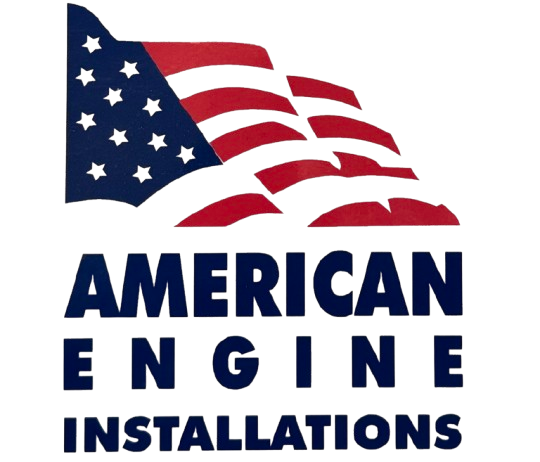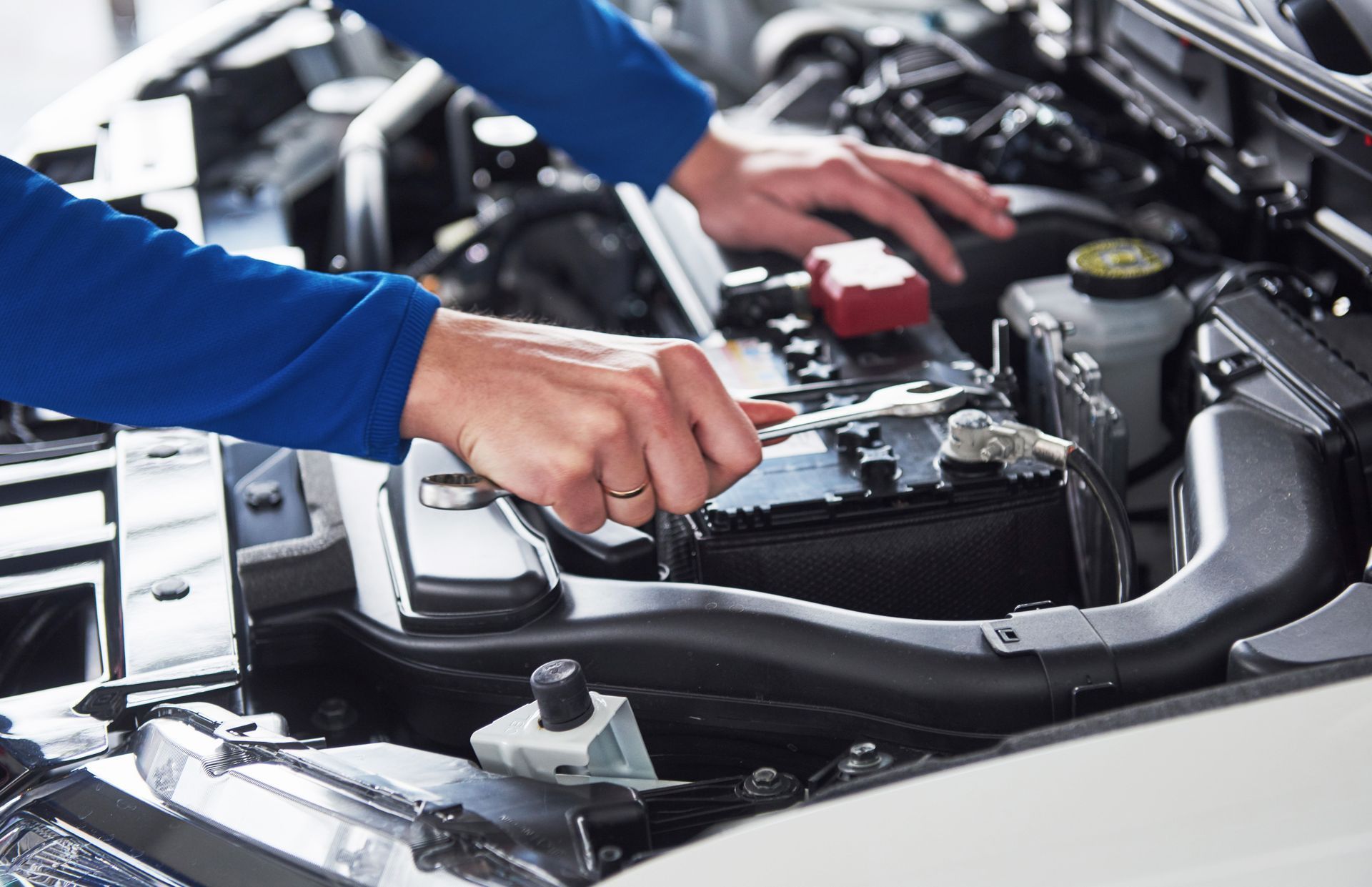Are Second-Hand Engines Reliable?
Discover the Ins and Outs of Buying an Engine
When your car quits going, buying a new car isn’t always an option. So, mechanics offer their clients a few options:
- Buy new crate engines
- Rebuild the existing engines
- Purchase used engines
But is buying used engines a safe, viable option? Absolutely! Used engines are a cost-effective way to get a car back on the road again. However, you want to question your mechanic about the many facets and possible risks involved with used engines.
The first question you want to ask is, what warranty comes with used engines? We’ve all heard the saying, “Buyer Beware”, and this couldn’t be any truer than when it comes to buying used engines. Why? Because they don’t all come with a warranty, so you want to question your mechanic accordingly. Always deal with a reputable vendor or ensure your mechanic has a reputable source for buying used engines.
How Experienced Should a Mechanic Be to Install Used Engines?
An engine installation takes a lot of know-how and practical application. In other words, the more actual hands-on experience the better! Most mechanic shops will require their staff mechanics to have one of the following:
- 1 ASE certification
- Master ASE Technician
Many shops will hire a mechanic without either of these if they have one to two years in engine building and mechanical work that can be verified. Somebody with ‘shade-tree’ experience can often know more than a mechanic with 1-year work as a Master ASE Technician.
How Much Does Installation Cost for Used Engines?
Every mechanic shop will have a different cost. This is based on the type of used engines and the car in which the engine is being installed. There are assorted components and parts that vary from car to car and engine to engine, including bolts, gaskets, and more.
What Checks Are Done to Ensure the Condition of Used Engines?
Either your mechanic or their source of used engines will look at the following:
- Visual Inspection
The mechanic will check for obvious oil leaks, in particular around the crankshaft and the back of the oil pan. This is done by removing the breather, oil cap, and PCV valve hose while the engine is running. They are looking for a large amount of blow-by. - Dipstick
The mechanic will use the dipstick to check the oil level. They want to see clean oil because this indicates the engine has been well-maintained. If they see rust or white foamy goo on the dipstick, this can indicate coolant has leaked into the oil (the white foamy goo) or water has leaked into the oil (rust). If the oil drain pan is drastically over-full, it is most likely water. By removing the oil drain plug, if water comes out, for sure, there is water in the oil. - Sounds
With the engine running, the mechanic will listen for any odd sounds, especially listening for heavy sounds like hard metallic rapping from the bottom of used engines, indicating a problem with the internal bearings. A higher pitch ticking sound is an indication of problems with the cam and/or lifters. - Oil Pressure
With the engine running, the mechanic will check the operating temperature. They like to see it at 20 psi while idling and 40 psi or more as the engine is revved. - Compression
The mechanic will remove all the plugs and block the throttle wide open, and with the ignition disabled, they will crank the engine several times. The compression should rank at over 100 psi, typically in a range between 140 and 160.
- Vacuum Test
To test the condition of used engines, the mechanic will use a vacuum gauge, the stock cam readings are good when between 17 inches and 22 inches of mercury. A lower reading, a fluctuating reading, or if the gauge needle vibrates, there are internal issues with the engine.
Other things a mechanic should check with used engines are leak-down testing, checking the timing chain, cylinder balance testing, and a radiator pressure check.
How Long Will It Take to Install the Used Engine?
In most cases, a mechanic can complete installing used engines within a week. This can vary based on any issues with the engine, including needing any additional parts to complete the installation.
Before You Get Your Motor Running
Yes, there will be additional parts needed when installing used engines. What additional parts are needed to install used engines? Parts that aren’t included with used engines include gaskets and seals, spark plugs and wire, the thermostat, and the water pump.
Be certain to get your warranty in writing, detailing what components and parts are included in the warranty. The additional parts like the thermostat and water pump will likely have their own warranty separate from the used engines they are installed with.
At American Engine Installations, we would be happy to provide a consultation for your engine installation in Marietta and Atlanta, GA. Just give us a call today and give us a review of your automobile needs.






Share On: